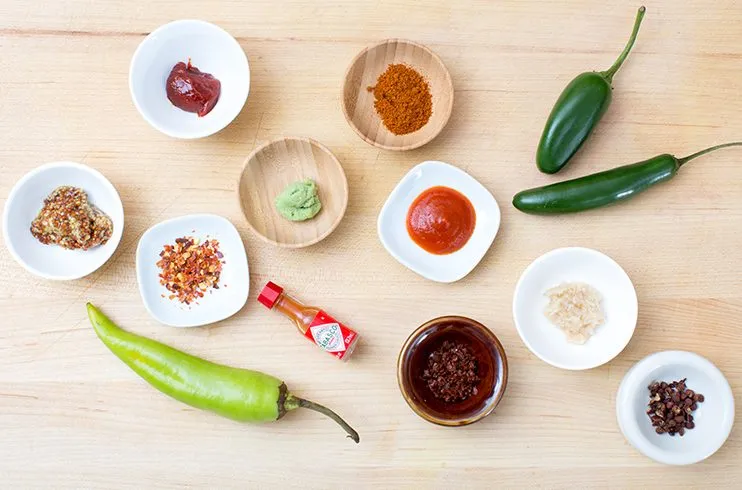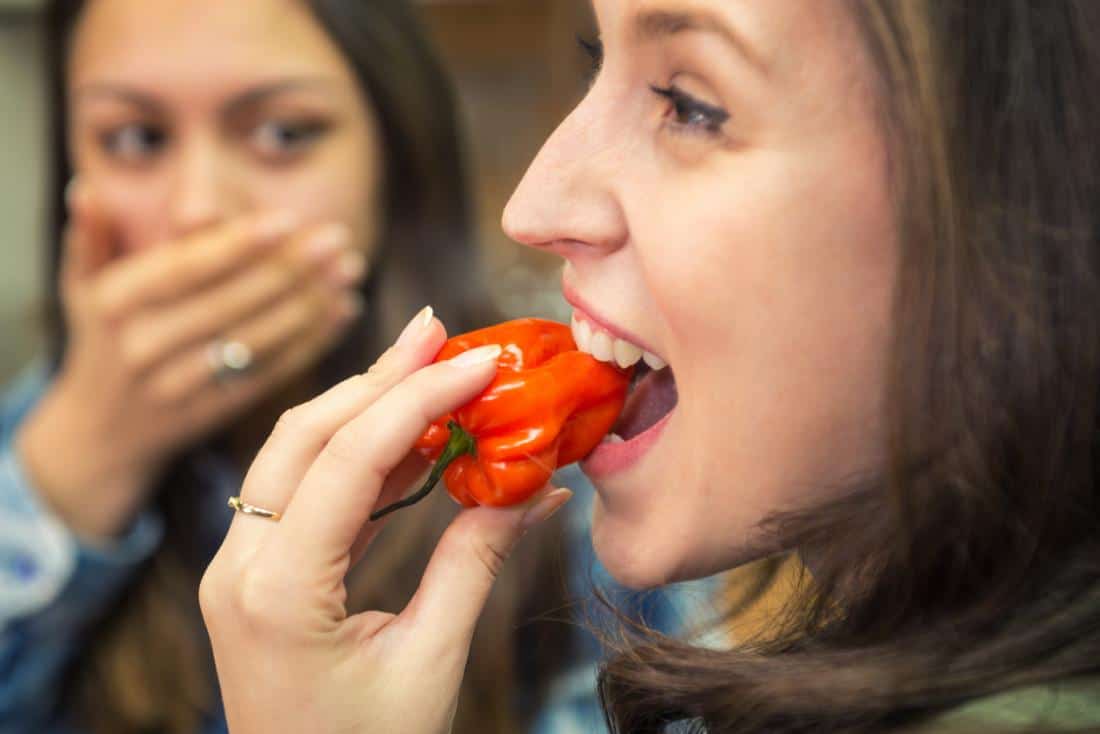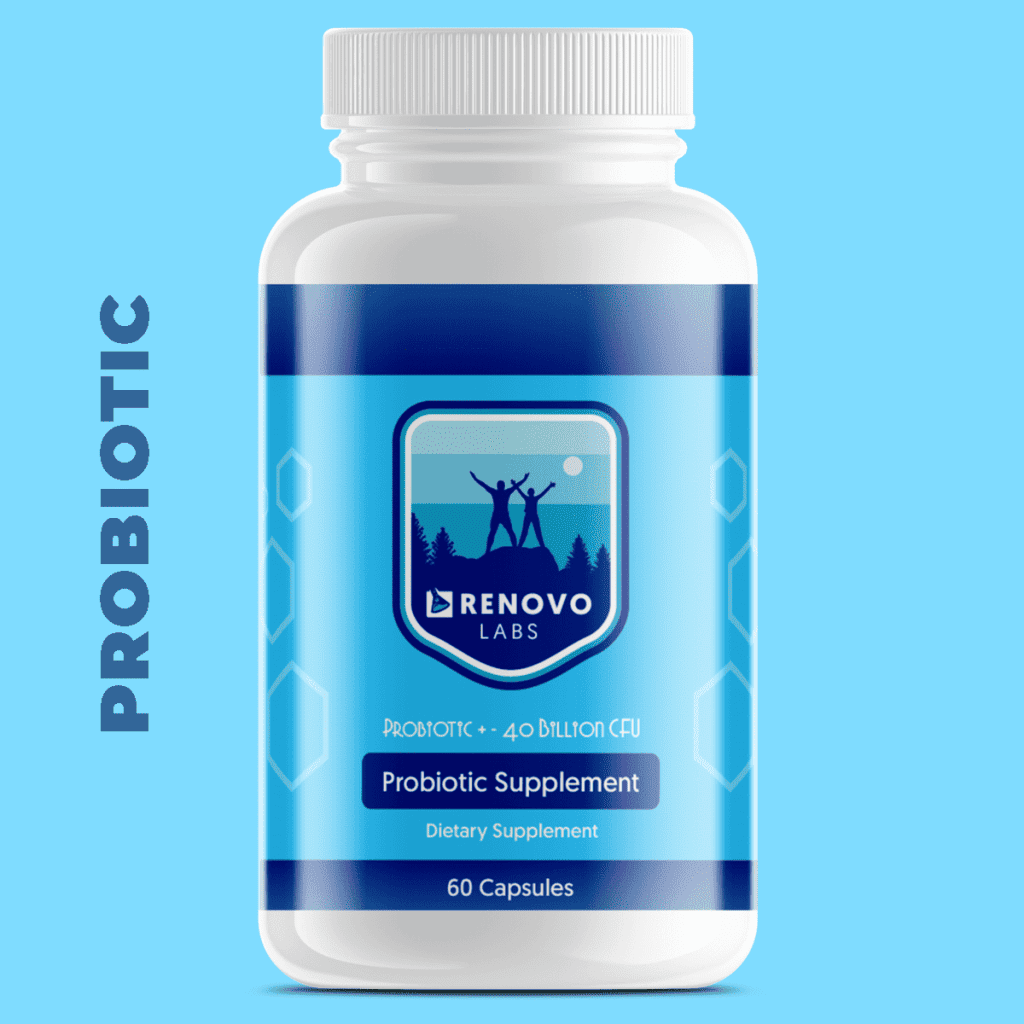Spicy food has been a staple in many cultures for centuries, but there has been a growing concern about its impact on the microbiome, specifically the good bacteria in our gut. While there is evidence that spicy foods can have some antibacterial properties, the question remains: can spicy food kill good bacteria?
The answer is not a simple one. Studies have shown that capsaicin, the compound responsible for the heat in spicy food, can kill some harmful bacteria like H. pylori and E. coli. However, it is not clear whether it has the same effect on the good bacteria in our gut.
The human microbiome is a delicate ecosystem, and any disruption can have negative consequences. The good bacteria in our gut play an important role in our overall health, from aiding digestion to boosting the immune system. Spicy foods may alter the balance of bacteria in our gut, but whether that is a positive or negative effect is still up for debate.
A Look at Common Household Spices - Does Spicy Food Kill Gut Bacteria?
Spices are an essential part of many cuisines and can provide a variety of health benefits. However, some spices may have an impact on the balance of bacteria in our gut. Here are some common household spices and their effects on gut bacteria:
Capsaicin
One study conducted on mice found that capsaicin increased the population of certain beneficial bacteria in the gut, while another study showed that it decreased the diversity of gut bacteria in humans. More research is needed to understand the impact of spicy food on the microbiome.

Turmeric
Turmeric contains a compound called curcumin, which has been shown to have antibacterial properties. It has been found to be effective against several harmful bacteria, including E. coli and Salmonella. However, it is important to note that more research is needed to understand its impact on the beneficial bacteria in our gut.
Cinnamon
Cinnamon has been shown to have antimicrobial properties, which means it can help kill harmful bacteria. One study found that cinnamon oil was effective against several strains of bacteria, including E. coli and Salmonella. However, more research is needed to determine its impact on gut bacteria.
Ginger
Ginger has been used for centuries to aid digestion and treat stomach ailments. It has been shown to have antibacterial properties and can help reduce inflammation in the gut. Additionally, ginger may help increase the population of beneficial bacteria in the gut, according to one study.
Garlic
Garlic is a potent antibacterial agent and has been shown to be effective against several harmful bacteria, including E. coli and Salmonella. However, it can also kill beneficial bacteria in the gut, so it is important to consume it in moderation.
Black Pepper
Black pepper has been found to have antibacterial properties and can help reduce inflammation in the gut. However, more research is needed to determine its impact on gut bacteria.
Overall, spices can provide several health benefits and can help kill harmful bacteria in the gut. However, it is important to consume them in moderation and pay attention to how your body responds to them. It is always a good idea to consult with a healthcare professional if you have any concerns about the impact of spices on your gut health.
Never Overlook Your Gut Health – Here’s Why
Maintaining a healthy gut biome is essential for overall health and well-being. The gut is home to trillions of bacteria, which play a critical role in digestion, nutrient absorption, and the immune system. When the balance of these bacteria is disrupted, it can lead to a variety of health issues, including digestive problems, inflammation, and even mental health disorders.
One way to maintain a healthy gut biome is through the use of probiotics. Probiotics are live microorganisms that are beneficial to the host when consumed in adequate amounts. They can be found in fermented foods like yogurt, kefir, and sauerkraut, as well as in dietary supplements.
Renovo Labs Probiotic+ is a dietary supplement designed to support a healthy gut biome. It contains a powerful proprietary blend of different probiotic strains, including Lactobacillus acidophilus, Bifidobacterium lactis, and Lactobacillus plantarum, which have been shown to promote digestive health and immune function.
Taking Renovo Labs Probiotic+ can help restore the balance of bacteria in the gut, which is important for maintaining optimal health. A healthy gut biome can improve digestion, boost the immune system, and even reduce the risk of certain diseases.
** These statements have not been evaluated by the Food and Drug Administration. This dietary supplement product is not intended to diagnose, treat, cure or prevent any disease **
In addition to taking probiotics, there are several other things you can do to maintain a healthy gut biome. Eating a diet rich in fiber and whole foods, reducing stress, and getting enough sleep are all important factors in promoting gut health.
Having a healthy gut biome is crucial for overall health and well-being. Renovo Labs Probiotic+ is a dietary supplement that can help support a healthy gut biome by restoring the balance of bacteria in the gut. Incorporating probiotics into your daily routine, along with other healthy habits, can help promote optimal gut health and improve your overall quality of life.
The Verdict on Whether or Not Does Spicy Food Kill Gut Bacteria?
So, does spicy food kill gut bacteria? The answer is ‘yes!’, however, that is a simple answer to a complex question. Some spices have been proven to kill ‘bad bugs’ in your gut – so this is something that’s very beneficial for you. The best approach to take is to avoid spicy foods if they cause you uncontrollable GI upset. Also, consider nourishing your gut with Renovo Labs Probiotic+ and healthy gut habits.
If you have relatively sound gut health and spicy foods don’t bother you – you may continue enjoying them but nourish your gut with probiotics. This way, you’re using the spices to kill the bad bugs, and you’re supplementing with healthy bacteria that might be lost by consuming spicy foods.





 Excludes DNA Testing
Excludes DNA Testing